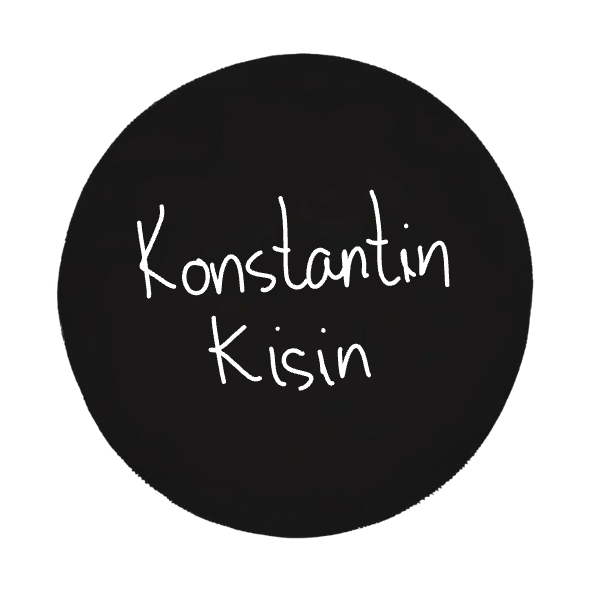Objective
To assess whether Konstantin Kisin—satirist, political commentator, podcaster (co-host of TRIGGERnometry), and author—aligns with the INTJ (Introverted, Intuitive, Thinking, Judging) personality type by examining his communication style, worldview, and behavioral patterns.
Framework: MBTI Cognitive Functions for INTJ
- Ni (Introverted Intuition) – dominant
- Te (Extraverted Thinking) – auxiliary
- Fi (Introverted Feeling) – tertiary
- Se (Extraverted Sensing) – inferior
Data Collection: Observed Traits of Konstantin Kisin
- Vision-driven commentary: Kisin often frames his arguments in terms of long-term consequences for free speech, Western values, and cultural shifts.
- Systematic reasoning: His debate and interview style is logical, strategic, and focused on intellectual clarity.
- Detached and composed: Rarely emotional or impulsive in public dialogue; tends toward restraint, even on polarizing topics.
- Moral conviction: Though often rational and composed, he occasionally reveals strong personal values (e.g., regarding authoritarianism, speech rights, individual dignity).
- Future-oriented concern: Strong emphasis on where current ideological trends are headed—what they mean for the future of society and civilization.
- Low sensory orientation: Doesn’t rely on performance or physical charisma; prefers to let ideas and dialogue take center stage.
Pattern Analysis via Cognitive Functions
Ni (Dominant Introverted Intuition)
- Evidence: Kisin routinely links present-day social issues to broader historical and future consequences. He’s concerned not just with what is, but with what it’s becoming.
- Analysis: Dominant Ni users seek to synthesize patterns into overarching visions. Kisin’s warnings about ideological overreach and erosion of liberal values reflect deep pattern recognition and long-range abstraction.
Te (Auxiliary Extraverted Thinking)
- Evidence: He argues with a goal of persuasion using logic, structure, and practicality. Kisin’s interviews and essays are goal-oriented and system-aware.
- Analysis: Te supports Ni by articulating inner vision with efficiency. Kisin’s precise and often surgical arguments reflect Te’s concern with what works logically in the real world.
Fi (Tertiary Introverted Feeling)
- Evidence: Although not emotionally expressive, he clearly holds strong personal values, especially around freedom, integrity, and responsibility.
- Analysis: Fi is subtle but present. Kisin’s moral compass guides the why of his arguments, even if it isn’t his main mode of expression.
Se (Inferior Extraverted Sensing)
- Evidence: Kisin doesn’t rely on charisma, entertainment, or flashy visuals. He’s not drawn to real-time stimulation, preferring controlled environments like in-depth discussions.
- Analysis: Inferior Se manifests as selective engagement with the external world. Kisin seems to regulate sensory input tightly, focusing inward and long-term instead.
Conclusion
- Dominant Ni → Synthesizes long-term ideological and societal patterns
- Auxiliary Te → Communicates with precision and effectiveness
- Tertiary Fi → Quiet yet firm personal ethics
- Inferior Se → Disinterest in flashy or impulsive stimulation
Synthesis
Konstantin Kisin strongly aligns with the INTJ personality type: a principled visionary who prefers logical structure over emotional appeal and long-term pattern recognition over short-term gains. His communication blends abstract insight with strategic articulation, driven by a deep internal code. This makes him a prototypical INTJ public intellectual—analytical, composed, future-focused, and quietly value-driven.
***
